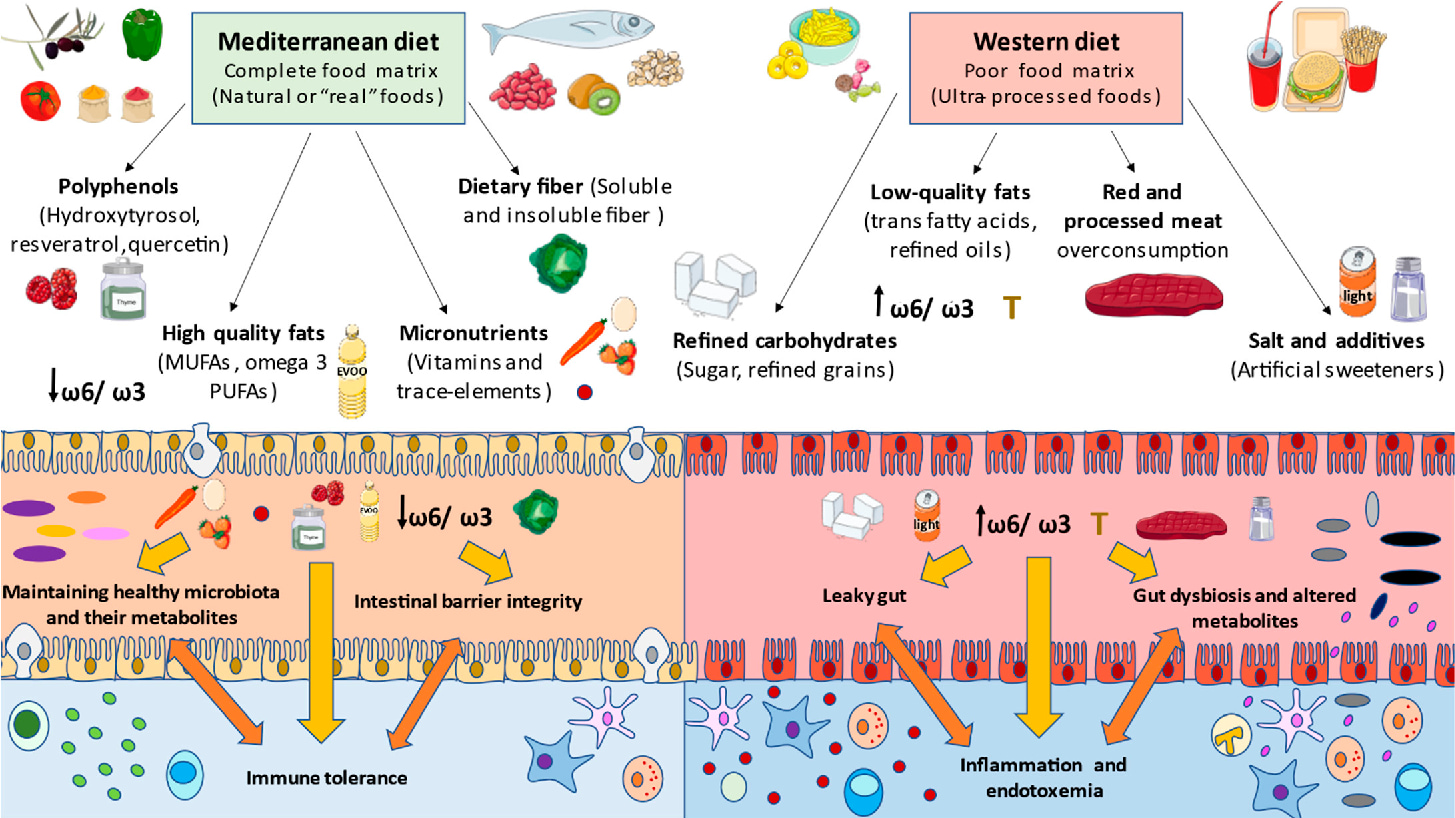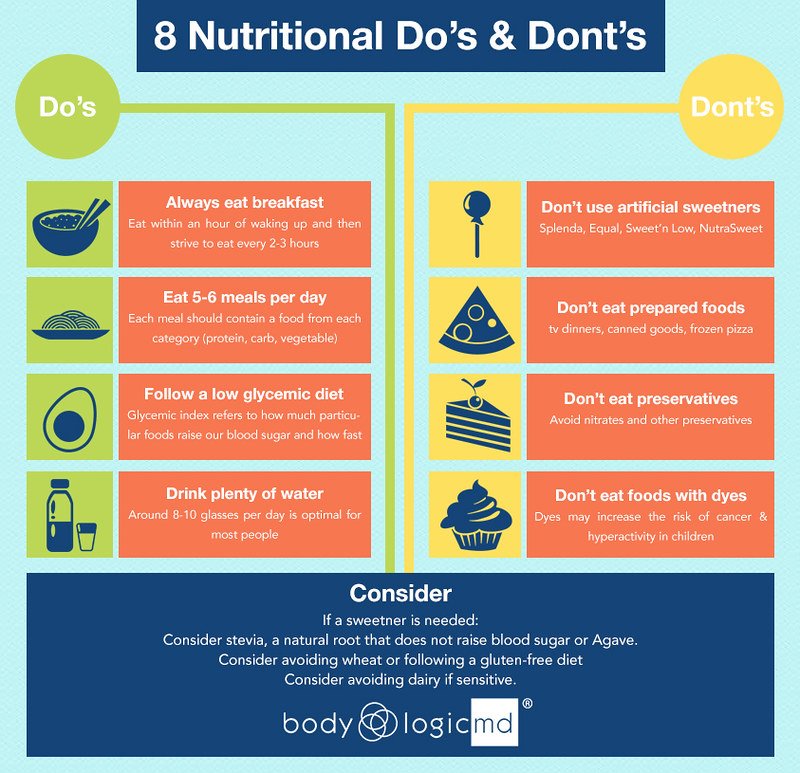Amidst the hustle and bustle of modern life, stress has become an unwelcome companion, lurking around every corner and affecting our mind, body, and soul with its unrelenting grip. Our daily lives have transformed into a constant race against time, leaving us longing for moments of tranquility and peace. However, amidst this chaos, there lies a silent hero, one capable of offering solace and serenity: the power of nutrition. In this article, we will delve into the captivating realm of nutritional strategies, unlocking the secrets to managing stress and embracing relaxation. So sit back, take a deep breath, and let the journey toward inner harmony begin!
The Power of Food: Nutritional Strategies for Stress Management and Relaxation
In today’s fast-paced world, stress has become a common aspect of our daily lives. However, did you know that the power to combat stress and promote relaxation lies within the very food we consume? Adopting effective nutritional strategies can play a significant role in managing stress and achieving a state of tranquility.
When it comes to stress management, it’s crucial to make wise choices in our diet. Incorporating these nutritional strategies into our daily routines can greatly enhance our overall well-being:
- Load up on complex carbohydrates: Foods like whole grains, legumes, and vegetables help stabilize blood sugar levels, providing a steady supply of energy, and preventing mood swings.
- Get the power of vitamins: Incorporate foods rich in B vitamins such as leafy greens, nuts, and seeds to support your nervous system and enhance your body’s ability to cope with stress.
- Embrace the magic of magnesium: Including magnesium-rich foods like dark chocolate, spinach, and avocado in your diet can help reduce anxiety and promote relaxation.
In addition to these strategies, it’s also essential to avoid certain foods that can exacerbate stress levels. Here are a few items to steer clear of:
- Say no to caffeine: While a morning cup of coffee may feel tempting, excessive caffeine consumption can heighten anxiety and disrupt sleep patterns, leading to further stress.
- Beware of processed sugars: Highly processed sweets cause a rapid spike in blood sugar levels, followed by a crash, leaving you feeling irritable and fatigued.
By adopting these nutritional strategies and being mindful of our food choices, we can tap into the power of food to manage stress and promote relaxation. Remember, a balanced diet not only nourishes the body but also calms the mind.

Nourishing the Body, Calming the Mind: Key Nutrients for Stress Relief
In our fast-paced, hectic lives, finding ways to reduce stress and promote a sense of calm is essential for our overall well-being. While there are many strategies we can employ, one often overlooked aspect is the role that nutrition plays in managing stress. By incorporating specific key nutrients into our diets, we can nourish our bodies and minds, enabling us to better cope with the challenges that life throws our way.
Vitamin B complex: This group of vitamins, including B1, B2, B3, B5, B6, B7, B9, and B12, is instrumental in supporting our nervous system and reducing stress levels. These vitamins can help regulate brain chemicals and stabilize mood, preventing anxiety and depression. Foods rich in vitamin B complex include leafy greens, whole grains, salmon, eggs, and legumes.
Magnesium: Known as the “anti-stress mineral,” magnesium plays a crucial role in relaxing both the body and mind. It helps regulate cortisol, a stress hormone, and promote a sense of calmness. Incorporate magnesium-rich foods such as almonds, spinach, avocados, dark chocolate, and bananas into your diet to enhance stress relief.
Omega-3 fatty acids: Found abundantly in fatty fish like salmon, sardines, and mackerel, omega-3 fatty acids have been proven to be effective in reducing anxiety and promoting a positive mood. Additionally, these healthy fats can boost brain health, enhance cognitive function, and support overall emotional well-being. Consider adding flaxseeds, chia seeds, and walnuts to your diet if you prefer non-fish sources of omega-3s.

Healthy Habits to Curb Stress: Lifestyle Changes for a Relaxing Life
Take a Break with Nature
Immerse yourself in the soothing vibes of nature to alleviate stress. Spend some quality time outdoors, whether it’s a walk in the park, a picnic in the countryside, or simply sitting by the beach. The fresh air and natural surroundings provide a calming effect on your mind and body. Try to incorporate outdoor activities into your routine and bask in the healing power of nature.
Indulge in Self-Care Rituals
Take care of yourself by incorporating self-care rituals into your daily routine. Pamper yourself with a warm bath infused with essential oils, indulge in a luxurious skincare regimen, or dedicate time to your favorite hobbies. Engaging in activities that bring you joy and relaxation not only reduces stress but also promotes a healthy lifestyle. Prioritize self-care and watch your stress levels melt away.
Embrace Mindful Practices
Practice mindfulness to bring tranquility to your life. Set aside a few minutes each day for meditation or deep breathing exercises. These practices help calm the mind, decrease anxiety, and improve overall mental well-being. Additionally, consider incorporating yoga or tai chi into your routine, as these mindful movements bring harmony to both mind and body. Embrace these practices to cultivate a sense of peace amidst life’s chaos.
Nourish Your Body with Healthy Eating
Make small changes to your diet that will have a big impact on your stress levels. Opt for nutrient-dense meals that nourish both the body and mind. Incorporate plenty of fruits, vegetables, whole grains, and lean proteins into your meals. Avoid excessive caffeine and sugar, as they can contribute to increased stress and anxiety. Remember, a healthy diet not only fuels your body but also promotes a calmer state of mind.

Rethinking Comfort Foods: Wholesome Alternatives for Stress-Reducing Indulgence
Life can get overwhelming at times, and when stress hits, comfort foods often become our go-to indulgence. While these foods may provide temporary relief, they often leave us feeling guilty and lethargic afterward. But what if we told you that there are wholesome alternatives that not only satisfy those cravings but also help reduce stress? Yes, you heard that right!
Gone are the days when stress eating meant diving into a tub of ice cream or a bag of greasy potato chips. It’s time to redefine comfort foods and nourish our bodies and souls with healthier choices that bring us peace and balance. Here’s a list of stress-reducing alternatives that will tantalize your taste buds, soothe your mind, and leave you feeling energized:
- Dark Chocolate Blast: Indulge in the guilt-free pleasure of pure dark chocolate, rich in antioxidants, and known for its stress-reducing properties. Enjoy a piece or two, mindfully savoring each bite, and let the endorphins do their magic.
- Warm Herbal Infusions: Replace your usual sugary hot drinks with soothing herbal infusions such as chamomile, lavender, or lemon balm. These calming concoctions not only help relax your mind but also promote better sleep.
- Power-Packed Medley: Ditch the salty snacks and build yourself a colorful plate of wholesome goodness. Combine crunchy carrot sticks, crisp cucumber slices, and juicy cherry tomatoes with a side of creamy hummus for a stress-busting, nutrient-packed treat.
So why settle for traditional comfort foods that leave you feeling guilty and sluggish? Embrace these wholesome alternatives, and let them nourish your body and soul. Remember, food can be more than just a momentary pleasure; it can also be a powerful tool in recharging your mental and emotional well-being.

Mindful Eating: Unleashing the Potential of Food as a Relaxation Tool
Food has always been more than mere sustenance; it has the remarkable ability to nourish not only our bodies but also our minds and spirits. The concept of mindful eating takes this idea further, connecting us to a deeper appreciation for the food we consume and the moment of consumption itself. By practicing mindful eating, we can transform the act of nourishing our bodies into a powerful relaxation tool, allowing food to become a gateway to a more peaceful and present state of being.
So, how can we embrace this transformative practice of mindful eating? Here are a few key steps to get started:
- Slow down and savor: As you sit down to enjoy a meal, take a moment to pause. Breathe deeply and bring your awareness to the present moment. Slowly savor each bite, paying attention to the flavors, textures, and aromas. By fully immersing yourself in the experience, you can tap into the calming and soothing power of food.
- Engage your senses: Eating is a multisensory experience. Engage all your senses by observing the vibrant colors of your food, listening to the satisfying crunch or sizzle, and relishing the aroma that wafts towards you. By fully immersing yourself in the sensory aspects of eating, you can foster a deeper connection with your food and foster a sense of relaxation.
- Express gratitude: Take a moment before your first bite to express gratitude for the food in front of you. Acknowledge the efforts that went into growing, preparing, and serving the meal. Cultivating gratitude allows you to approach the act of eating with a sense of appreciation, enhancing its calming effects on your mind and body.
With regular practice, mindful eating can become a powerful relaxation tool that helps us cultivate a healthier relationship with food. By nurturing a mindful connection to what we consume, we can unlock the potential for food to become not just a means of sustenance, but a source of true nourishment and relaxation for our entire being.
In Summary
In the whirlwind of life, stress is an all too familiar companion. But fear not, for not all hope is lost! Armed with the power of nutrition, we can steer clear of the storm and find solace in the serenity of relaxation. It’s time to bid adieu to those frazzled nerves and welcome a tranquil existence.
As we explored the enchanting world of nutritional strategies for managing stress and promoting relaxation, we embarked on a journey of self-discovery. We learned that our dietary choices hold the key to unlocking the gates of calmness that lie within us.
From sipping on herbal teas that caress the soul with their soothing aromas, to indulging in the velvety embrace of dark chocolate that sends endorphins dancing through our veins, the path to tranquility is paved with delectable choices. We discovered the power of nutrient-dense superfoods, such as avocados, blueberries, and almonds, that nourish both our bodies and minds, infusing us with resilience to face the turbulent tides of stress.
But it doesn’t stop there! Delving deeper, we uncovered the secrets of omega-3 fatty acids, those unsung heroes that tame the tempest of anxiety and bolster our emotional well-being. These fatty acids not only calm our racing hearts but also ignite a spark of vitality within us. We learned that incorporating omega-3 rich foods like salmon, walnuts, and chia seeds into our diets can help us ride the waves of stress with unwavering composure.
Furthermore, we explored the enchanting realm of adaptogenic herbs, mystical allies that work tirelessly to bring balance to our bodies and minds. Whether it’s the calmness-inducing power of lavender, the revitalizing touch of ginseng, or the euphoric embrace of ashwagandha, these botanical wonders offer a gateway to serenity, helping us navigate life’s stormy seas.
With each revelation, we grew more enlightened, realizing that nourishing our bodies with wholesome foods not only fuels our physical vitality but also fortifies our ability to cope with stress. We bid farewell to the days of succumbing to its overwhelming weight and welcomed a new era of resilience and peace.
So let us embark on this magnificent journey armed with the wisdom we have acquired. Let us savor the flavors of peace and tranquility, embracing the healing power of nutrition. May the storms of stress bow before our mighty forks, as we sail into a calmer, more vibrant existence. Bon voyage!

